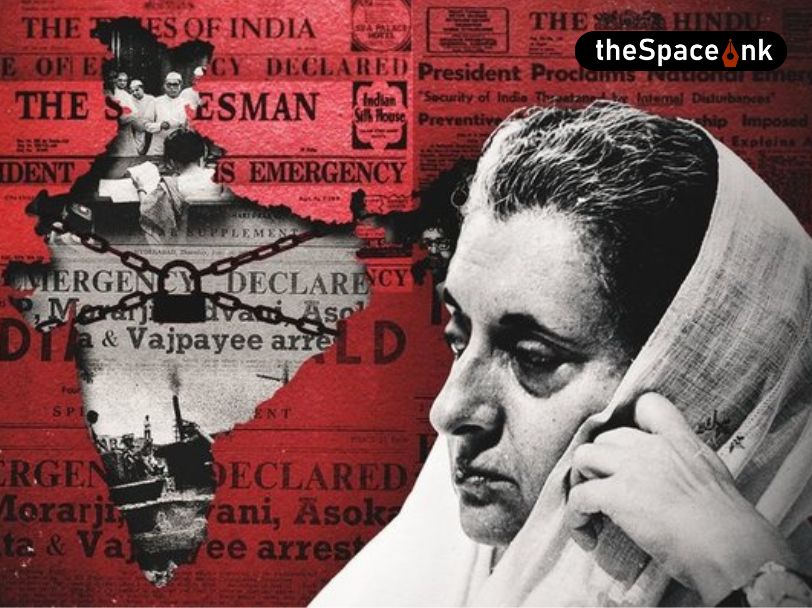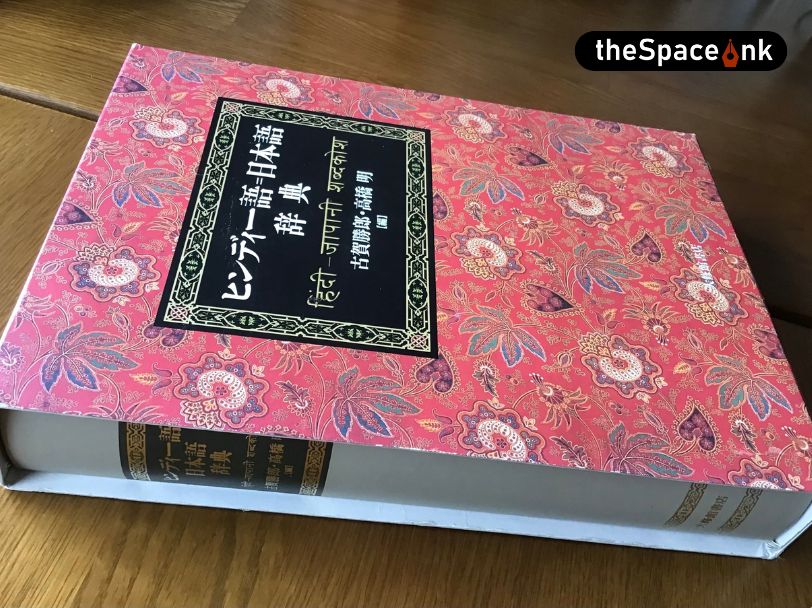“Nothing is mysterious, no human relation, except love.”
February would be incomplete without the mention of love and these words by American writer Susan Sontag, known for her deep contemplation of love, captures the essence of the emotion that is certainly one of the strongest and most intense humans feel. Much of our understanding of love stems from the widely accepted connotation that love is a feeling of deep affection. Other emotions that are associated with it are passion, intimacy, along with values like selflessness and commitment to one another. To that, add a few traditional concepts like true love is the elixir for a life ‘happily ever after,’ together these exemplify our expectations of love and it appeals as an exciting temptation hard to resist. So much so that a loveless life comes across as mere, meaningless existence!
One subscribes to love based on the cultural values and expectations they are brought up on. For someone who grows up devouring romantic novels, their idea of love could be one that is beyond their control and is decided in the stars. Children who see their parents share a strong, loving relationship, regard a lifetime of togetherness as the epitome of a successful love story. While others might wait an entire life for the perfect person that exists only as a figment of their imagination. Our cultural backdrop about what constitutes true love is a template that not only subtly shapes our perception of love, it can lead to disappointments and frustration when unfulfilled.
Far from the heady rush of young love that is a romanticised worldview fed to us through movies, books, and theatre, each individual perceives love differently based upon their own personal experiences. And these lead to strong conclusions that love is true, real or just an infatuation and will fade away with time. But even if frivolous, love has always occupied and intrigued the human mind and tantalised the soul. The ancient world is abound with philosophers and their interesting approaches towards understanding love and romantic relationships.
Plato, the famous Greek philosopher explored the theme in his work Symposium, in which he questions the idea of desire and lust as being the motive of love and argues with Socrates, who held the belief that ‘love was a spirit,’ that enabled humans to understand reality. Despite Stoics regarded as mostly passionless, love also finds mention in many of their works. Roman Stoic philosopher Lucius Annaeus Seneca explores different kinds of love, like love that comes for family, self-love and patriotism, with love and friendship being of particular interest to him. And Marcus Aurelius in Meditations, interestingly writes, “To be free of passion and yet full of love.”
There is no doubt whatsoever that love for humans is directional and perhaps that’s the reason why it’s so important for love to be expressed and reciprocated. When that doesn’t happen, it could lead to a painful, one-sided affair, resulting in hurt and resentment which lovers often find difficult to deal with. Several historical texts give us a glimpse of the obsession of ancient lovers, and the extent they would go to fulfil their desires. While some hapless lovers in honour of their unrequited love wrote realms of poetry and love letters, others, more desperate, decided to do something about their situation. They either called upon the supernatural or resorted to spells and charms to influence their object of affection.
It isn’t surprising then that ancient spell books from Egypt that offered solutions to worldly problems related to health, demonic possession and wealth, also have popular magical rituals claiming to solve lovers’ problems. These love charms range from simple spells of attraction to more complex spells that involve special ingredients like rings, gemstones and even a tick from a dead dog. Lovers have been known to turn to ‘love potions’ too, when no other solution was in sight. Like The love-charm of Polemius, discovered in 1935 at Corbridge with words inscribed on it meant to bestow supernatural power on the person who wears it.
ancient spell books from Egypt that offered solutions to worldly problems related to health, demonic possession and wealth, also have popular magical rituals claiming to solve lovers’ problems. These love charms range from simple spells of attraction to more complex spells that involve special ingredients like rings, gemstones and even a tick from a dead dog.
And it wasn’t only to assert their passion, from a tablet discovered in Boetia, Greece, one can conclude that jilted lovers also resorted to curses to inflict harm on their object of desire. Which brings us to the popular phase, “all is fair in love and war,” first attributed to poet John Lyly in his 1579 novel titled, Euphues: The Anatomy of Wit. The comparison was also used by Miguel de Cervantes in Don Quixote and later quoted by author Francis Edward Smedley in the novel Frank Fairlegh. The desperation and heartache of unrequited love is understandable, yet resorting to trickery is unjustifiable and some lovers have found better ways to navigate their emotional relationships.
While one might imagine it a worthless pursuit that is destined for heartbreak, there are writers who have converted their heartaches into words, giving the world rich literary works that mirrors their tribulations, apart from being a celebration of their love affairs. French writer Stendhal, or Marie-Henri Beyle who is known for his deeply analytical book of 1822, titled On Love , is believed to be his personal experience and account of his own unrequited love. From defining four kinds of love namely, passion, mannered, physical and vanity, he goes on to capture love’s madness and writes of how the soul interprets this feeling which ranges from admiration and acknowledgment to hope and delight amongst others. He notes, “Love is like a fever which comes and goes independently of the will.”
Love certainly overwhelms, but along with the heartbreaks and unrequited love affairs, there will always be love stories that will make one believe in love and celebrate it.
Image courtesy: Pixabay
Lesley D. Biswas is a freelance writer and children’s author based in Kolkata. Her interests include nature, bird photography and cricket.







